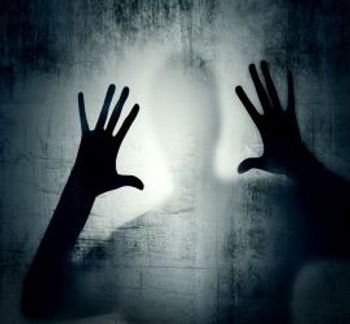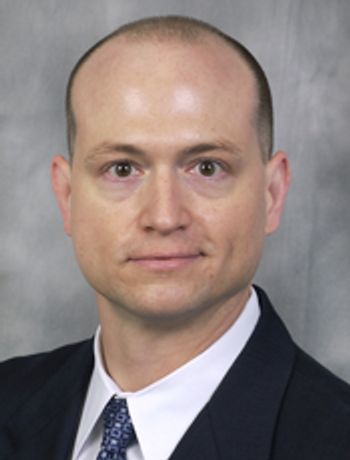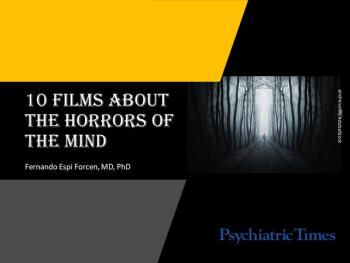
Psychiatrists often disclose as little about themselves as possible. But these memoirists break the mold.

Psychiatrists often disclose as little about themselves as possible. But these memoirists break the mold.

Eastern and Western approaches both agree and come into conflict.

The anatomy of unhappiness is more complex than DSM-5’s categories.

The field of psychiatry is uniquely suited to address the psychological factors associated with the past year (and what lies ahead).

Children with autism spectrum disorder have special educational needs, but with proper guidance they can flourish, even during a pandemic.

On the international community psychiatrist.

Throughout this troubled year, we have learned much that will allow us to make the world a better place.

How can psychotherapy become a mature science?

As the pandemic and social issues rage on, a palpable and consistent theme runs through us, and that is the very best of human behaviors.

On the etymology of the "Feinerism."

Throughout history and across cultures, monsters have helped communities teach lessons and affirm their values.

Drug use is not only a consequence of addiction. It can also be a response to a deeper, existential problem.

A well-meaning mental health initiative may be setting unrealistic expectations.

Telehealth poses challenges for patients, clinicians, families, and caregivers.

In this interview with Dr Aftab, Dr Dawson discusses how the rise of managed care industry and associated business forces have led to a profound deterioration of psychiatric practice environment in the United States.

A controversial report from the British Psychological Society draws a pair of sharp rejoinders.

What better time to set aside our differences than during the holidays?

Editor in chief emeritus of Psychiatric Times, James L. Knoll IV, MD, was recently recognized for notable achievements in the education and teaching of forensic psychiatry.

Although this year has thrown us off, there is much to be thankful for.

Writing for big media outlets like CNN is not always easy, but it is a great opportunity to educate the public.

The viewing of horror films, though paradoxical, can be therapeutic through sensation-seeking, catharsis, and existential relief of our deepest fears.

A psychiatrist steeped in the scientific method considers the healing power of the placebo effect.

The risk of “false positive” screening in primary care settings is reduced by a thorough clinical evaluation.

Bipolar disorder screening scales have modest sensitivity; thus, a negative result does not preclude a clinical evaluation.

There are epidemiological and clinical reasons why we should drop that term.